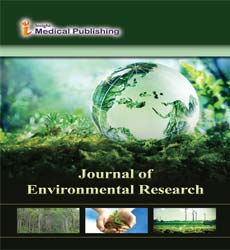Universities as agents of more sustainable thinking and acting
Abstract
This proposal is an effort to reflect on conceptual issues about sustainability nowadays, studying in particular how universities can act in the sphere of consciousness or practice, considering the potential of these institutions as replicators of new ways of thinking and acting. For this, an interdisciplinary discussion about the concept of sustainability is raised, problematizing the fact that even though in the last 50 years the discussions on this subject have increased considerably, in the same proportion, data demonstrate the destruction and environmental impacts that have been occurring, as a result of the modern way of life, characterized by consumerism and a utilitarian view of natural goods. In this sense, it is possible to point out the universities as promoters and diffusers of these reflections, acting through the educational sphere, and as a model of self-sustainable practices where, through the managerial sphere, can improve their own infrastructure. In order to demonstrate the feasibility of this approach, two case studies were carried out by the Sete Lagoas Campus of UFSJ in Brazil, evaluating the economic feasibility of implementing a rainwater harvesting system and a photovoltaic system. The proposal is mainly due to a demand from the campus in relation to the precarious supply of water and energy, considering that both are fundamental for the maintenance of teaching and research activities. For this, it carried out an economic viability analysis through characterization of the study area, sizing of storage reservoirs, dimensioning of photovoltaic systems, budgets, cost analysis and payback calculation. The research demonstrates the feasible of the systems for both cases analysed, which demonstrated a payback investment of less than 5 years for all cases. It is also noteworthy that the implementation of alternatives such as those can contribute to broaden the understanding on sustainability, in addition to promoting self-sustainability on university campus.
Open Access Journals
- Aquaculture & Veterinary Science
- Chemistry & Chemical Sciences
- Clinical Sciences
- Engineering
- General Science
- Genetics & Molecular Biology
- Health Care & Nursing
- Immunology & Microbiology
- Materials Science
- Mathematics & Physics
- Medical Sciences
- Neurology & Psychiatry
- Oncology & Cancer Science
- Pharmaceutical Sciences
